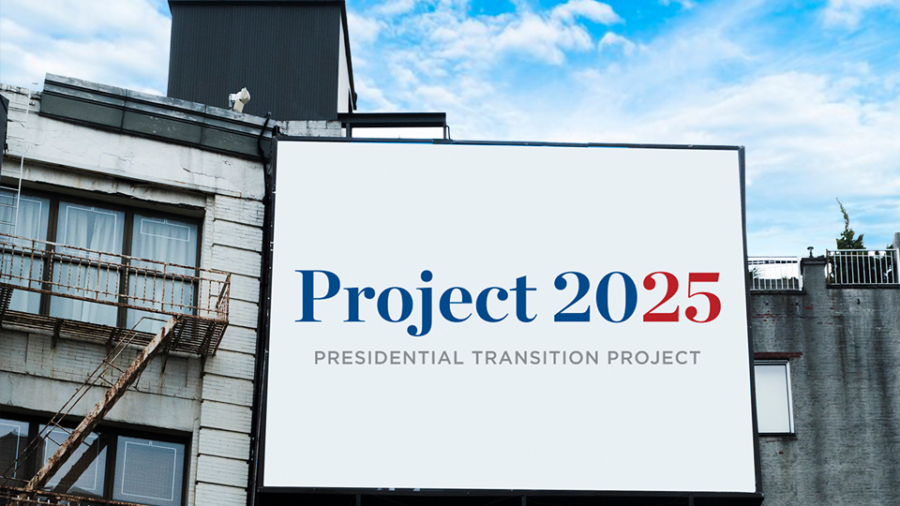By: Stephanie Kalota
Founder, Veteran Legislative Voice & AHG Correspondent
Since its release, no other document during this election has ever been so discussed. For those unaware, Project 2025 is a playbook written and posted by The Heritage Foundation for the first 180 days of the next presidential term if it would be one from the Republican Party. Since negative criticism about Project 2025 has hit the media, former President Donald Trump denies knowledge of this document, nor those who wrote it. But by just going through the listed authors and editors, you’d find that 14 of the 34 authors have worked for the Trump campaign and administration, including both of the 2 editors. Two notable people on this list are Brooks D. Tucker, former VA Chief of Staff during the Trump Administration, and Trump’s Chief of Staff at the U.S. Office of Personnel Management (basically OPM’s White House Liaison), Paul Dans.
While the chapter on the Department of Defense was very specific, the chapter on the Department of Veterans Affairs (on page 641) is vague on some of its recommendations. The most specific parts involve rescinding “all departmental clinical policy directives that are contrary to principles of conservative governance starting with abortion services and gender reassignment surgery. Neither aligns with service-connected conditions that would warrant VA’s providing this type of clinical care, and both follow the Left’s pernicious trend of abusing the role of government to further its own agenda” on page 644. For the record, the Department of Veterans Affairs does not currently provide or cover gender-affirming or reassignment surgery, so what Project 2025 is saying in that regard is false.
Project 2025 also specifically speaks on expanding the VA’s Community Care program. This sounds like a good thing, but some advocates fear that this is another step toward a complete privatization of the VA. This is something that the conservative politicians do try to fight against. All in all, you can’t argue with the bottom dollar because the CCP can be cheaper than if the VA treats the veteran.
The next portion of Project 2025 addresses the issues surrounding the infrastructure within the Veterans Health Administration (VHA) and how the Asset Infrastructure Review (AIR) failed. It stated that “the Senate Veterans Affairs Committee lacked the political will to act on the White House’s nominations of commission members, and this ultimately led to termination of the AIR process,” page 646. The author of this chapter seems to forget that the termination was supported by several Republicans.
Lastly and most importantly, Project 2025 mentions that “the VA’s Schedule for Rating Disabilities (VASRD) has assigned disability ratings to a growing number of health conditions over time; some are tenuously related or wholly unrelated to military service,” page 649. Then on the next page, it recommends that “The next Administration should explore how VASRD reviews could be accelerated with clearance from OMB to target significant cost savings from revising disability rating awards for future claimants while preserving them fully or partially for existing claimants.” Now what could this mean? This means that the next conservative President’s administration might try to restrict the health conditions that the VA will establish as connected to service. This could be the recommendation that will hit the most veterans, and it is the most vague of them all.



